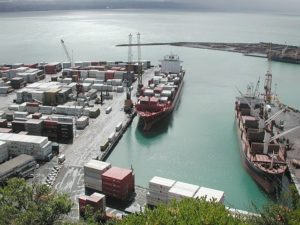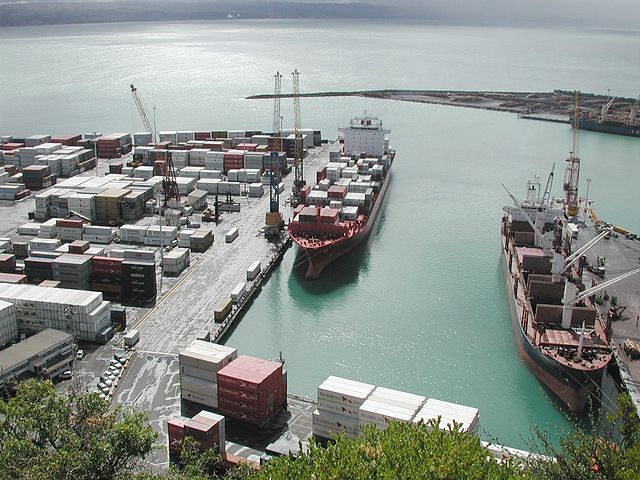 The confidence of the shipping industry remains unsinkable even as it faces what appears to be another challenging, unpredictable year.
The confidence of the shipping industry remains unsinkable even as it faces what appears to be another challenging, unpredictable year.
“Confidence in shipping increased steadily for most of 2016, underlining just how robust the industry can be in difficult times. The inherent volatility of the industry will continue throughout 2017, during which time shipping will resort to tried and trusted methods and to fresh innovation alike in an effort to keep its head above water. Shipping will find a way,” according to Moore Stephens in a new report.
“Making predictions about the shipping industry is as volatile an undertaking as the business of shipping itself,” it added, noting the way few foresaw that the Baltic Exchange would be sold to Singapore, Donald Trump would be elected president of the United States, or that Britain would vote to leave the European Union.
Nonetheless, the consultancy predicts that the industry will likely use a mixture of experience and innovation to navigate through another volatile year in 2017. It anticipates oil prices to continue on an upward trend on the strength of the recent OPEC production cuts, and calls for higher levels of ship demolition to increase significantly.
It added that the cost of meeting regulatory requirements will become clearer as the industry and its financiers grapple with the financial consequences of having to burn lower-sulfur bunker fuel while ensuring that their ballast water management systems are fit-for-purpose.
For many carriers, freight rates will continue to struggle to reach the levels required to ensure commercial viability, while consolidation will remain the buzzword in the liner trades.
If operating costs do not increase, concern will spread about whether quality and safety are being sacrificed. Both traditional and innovative sources of funding will remain accessible to those with sound business plans. And cyber security will move nearer the top of shipping’s list of things to address.
Things that will not happen in 2017 include another major fall in oil prices, and a big increase in hull insurance rates, said the report.
New record lows
Meanwhile, the new year brings with it fresh hopes for a recovery in container shipping although the market remains fundamentally imbalanced, according to Alphaliner.
A slew of new records were set in 2016 but most of them marked new lows for a container shipping market that continues to suffer from excess capacity, with the weakness expected to persist for at least one more year, it added.
The global containership fleet grew by only 1.5% to reach 20.27 million TEUs at the end of 2016, the lowest annual growth rate ever recorded in the industry’s history. Growth was kept low by a record number of ships scrapped, with a total of 192 containerships for 654,900 TEUs demolished in 2016. The total capacity of containerships deleted reached 200 units for 664,300 TEUs after adding a handful of de-celled ships and two casualties.
New containership deliveries fell to 934,500 TEUs in 2016, down 46% compared the year before. Very weak employment prospects prompted owners to delay the deliveries of some 60 ships with a total capacity of 400,000 TEUs, while 18 ships with a total capacity of 57,000 TEUs are believed to have been cancelled.
The low supply growth was, however, insufficient to prevent the idle containership fleet from soaring to a record high of 1.59 million TEUs in October before ending the year at 1.42 million TEUs. The surplus capacity overhang remains the industry’s biggest headache, especially with some 1.7 million TEUs of new capacity due in 2017.
Photo: Pseudopanax





